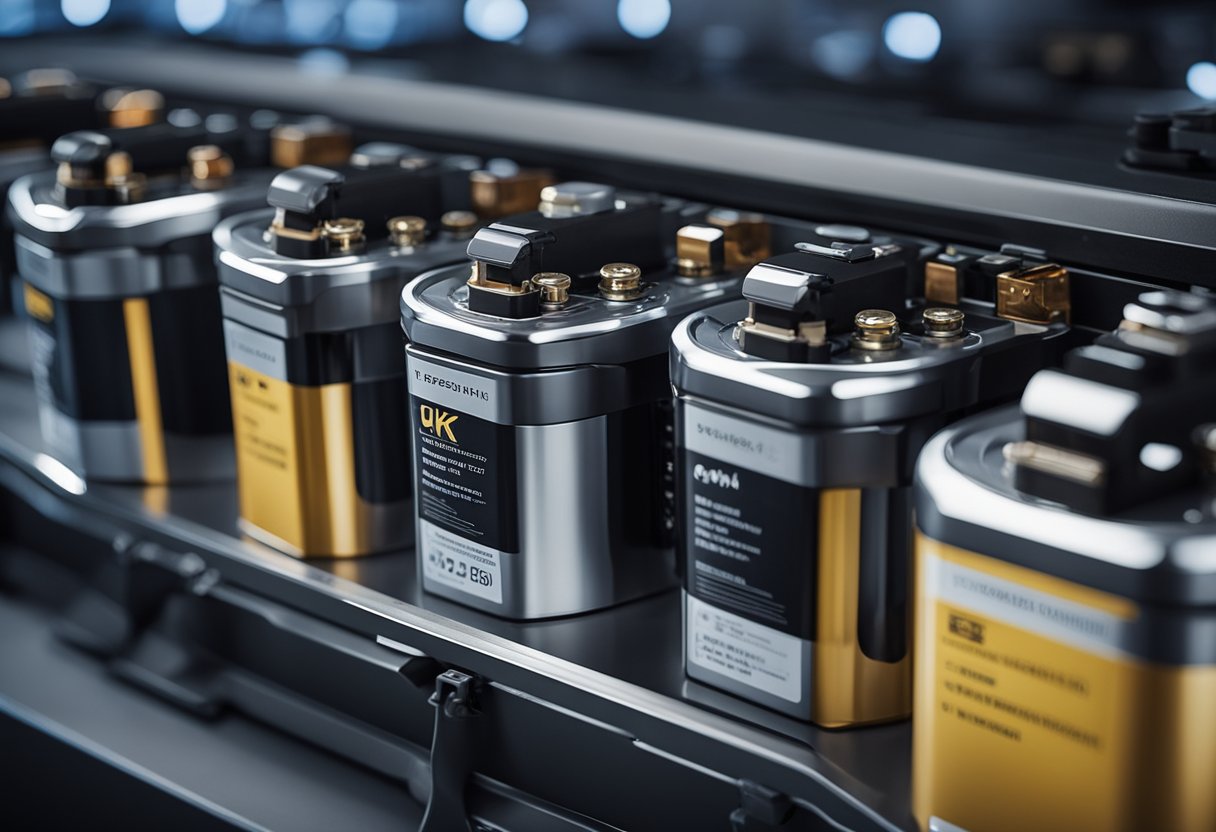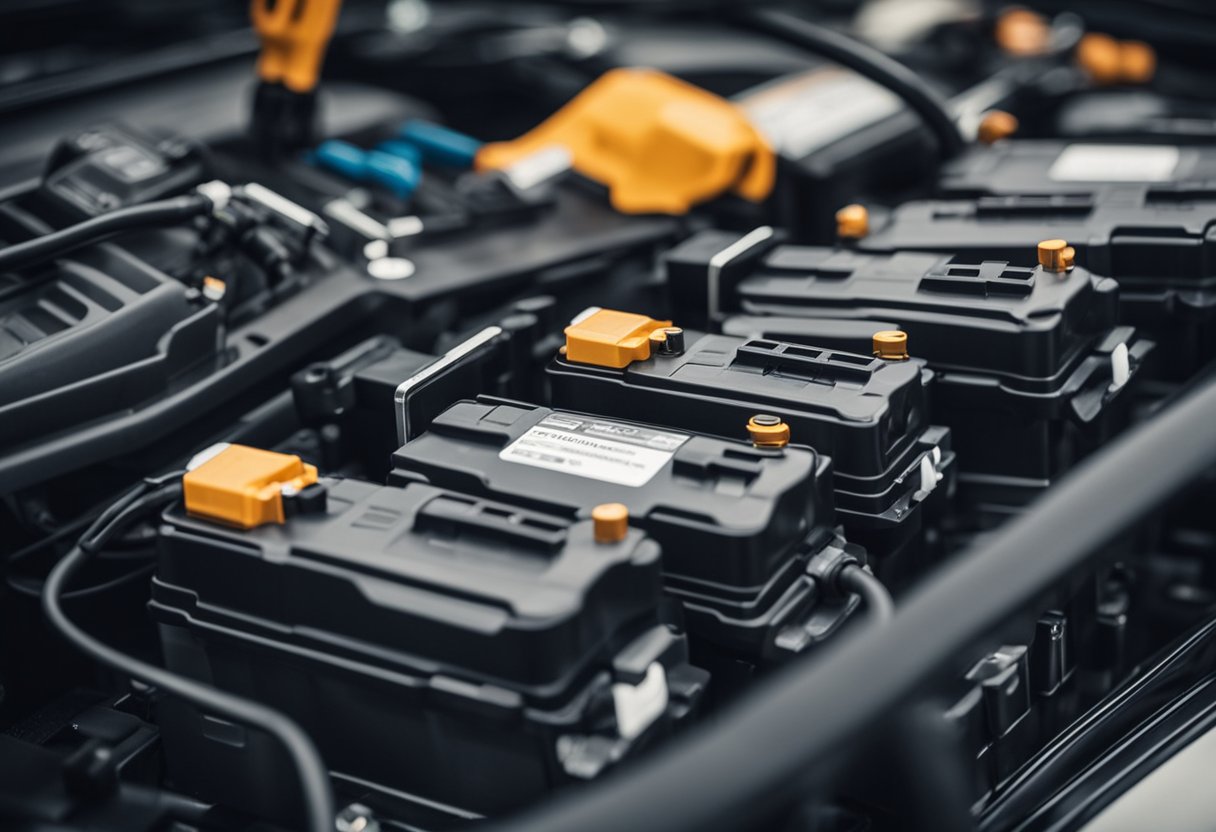Expensive Car Batteries: Why They Cost More and Are They Worth It?
Car batteries are an essential component of any vehicle, providing the necessary electrical power to start the engine and run various systems. However, not all batteries are created equal, and some are considerably more expensive than others. In this article, we will explore the topic of expensive car batteries, examining the reasons behind their higher price tags and whether they are worth the investment.

One of the primary factors that contribute to the cost of a car battery is its quality. Higher quality batteries tend to last longer and offer better performance, making them a more reliable choice for drivers. However, this increased durability and performance often comes with a higher price tag, as manufacturers must use more expensive materials and production methods to create these batteries. Additionally, some high-end car batteries may come with additional features, such as advanced diagnostic systems or built-in safety features, which can further drive up the cost.
Overview of Expensive Car Batteries

Expensive car batteries are a popular choice among car enthusiasts who want to ensure their vehicle runs smoothly and efficiently. These batteries are designed to provide high performance, long-lasting power, and advanced features that are not available in standard batteries. In this section, we will provide an overview of expensive car batteries, including the factors that influence their cost and how they compare to standard batteries.
Factors Influencing Cost
Several factors influence the cost of expensive car batteries. The most significant factor is the technology used in the battery. Expensive car batteries use advanced technology, such as lithium-ion, AGM, and gel cell, which makes them more expensive than standard lead-acid batteries. The manufacturing process is also more complex, which adds to the cost.
Another factor that influences the cost of expensive car batteries is the brand. Some brands are known for their high-quality batteries, and they charge a premium for their products. Additionally, the warranty offered by the manufacturer can also affect the cost. Batteries with longer warranties are generally more expensive than those with shorter warranties.
Comparison with Standard Batteries
Expensive car batteries offer several advantages over standard batteries. First, they provide more power and last longer than standard batteries. This means that they can handle more demanding applications, such as powering high-performance engines or running multiple electronic devices.
Second, expensive car batteries are more durable than standard batteries. They are designed to withstand extreme temperatures, vibrations, and shocks, which can damage standard batteries.
Finally, expensive car batteries offer advanced features, such as built-in diagnostics, which can help you monitor the health of your battery and detect any issues before they become a problem.
In summary, expensive car batteries are a worthwhile investment for those who want to ensure that their vehicle runs smoothly and efficiently. While they may be more expensive than standard batteries, they offer several advantages that make them worth the extra cost.
Technological Advancements in Car Batteries

Innovations in Battery Chemistry
In recent years, there have been significant advancements in battery chemistry that have resulted in more efficient and longer-lasting car batteries. One of the most notable innovations is the use of lithium-ion batteries, which have a higher energy density and longer lifespan compared to traditional lead-acid batteries.
Another innovation is the use of solid-state batteries, which have a higher energy density and are less prone to overheating. These batteries use a solid electrolyte instead of a liquid one, which reduces the risk of leakage and increases safety.
Sustainable Manufacturing Processes
Car battery manufacturers are also adopting sustainable manufacturing processes to reduce their environmental impact. One such process is the use of recycled materials in battery production. This not only reduces waste but also decreases the reliance on raw materials.
Another sustainable practice is the use of renewable energy sources in battery production. Many manufacturers are now using solar or wind power to generate electricity for their factories, reducing their carbon footprint and promoting a cleaner environment.
Overall, these technological advancements and sustainable practices are leading to more efficient, longer-lasting, and environmentally friendly car batteries.
